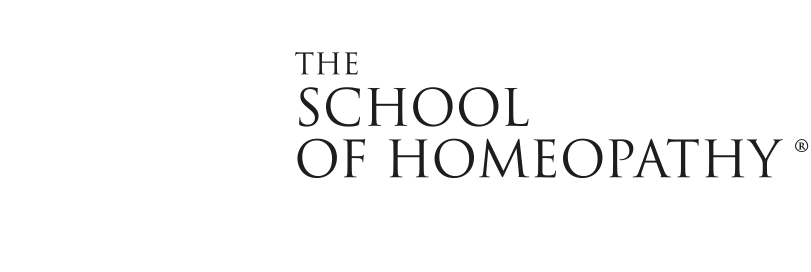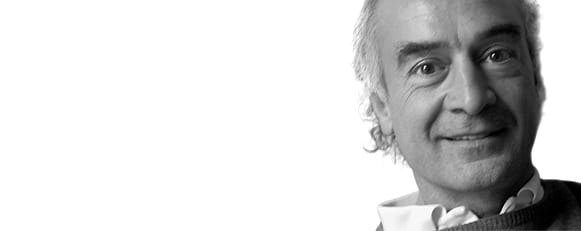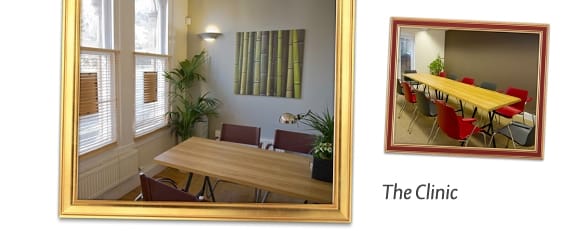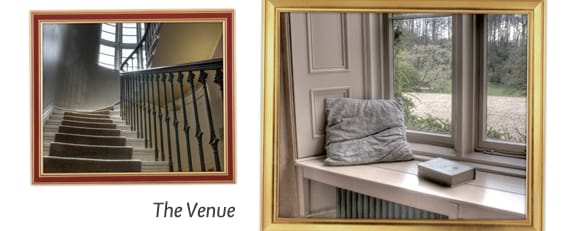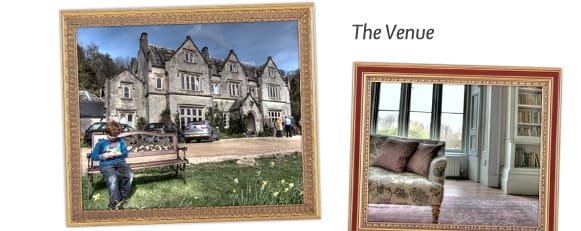
Research in homeopathy
It is a myth that there are no scientific research trials in homeopathy. There have been a good range of studies and the numbers grow every year. Many are the same type of trials used in conventional medicine.
85% of RCTs are positive for homeopathy 70% report improvements in health after treatment.
The Randomised Controlled Trial (RCT) is considered the ‘gold standard’ in medical research. One group of patients, the control group, receive placebo (a “dummy” pill) or standard treatment while another group of patients receive the medicine being tested. The trial becomes double-blinded when neither the patient nor the practitioner knows which treatment the patient is getting.
85% of conclusive RCTs demonstrate that homeopathy is more effective than placebo. To date,142 RCTs on homeopathy have been published in good quality scientific journals: 74 were statistically strong enough to be able to draw firm conclusions; of those, 63 or 85% demonstrated homeopathy was more effective than placebo.
The absolute best evidence (according to researchers) is meta analysis. This is where RTCs are pulled together and analysed ‘as if one’ to reach a more solid conclusion. There have been five meta analyses of homeopathy trials to date. Four showed that homeopathy worked above and beyond placebo.
The RCT model of measuring drug efficacy poses problems for homeopathic research. In homeopathy, treatment is usually tailored to the individual. A homeopathic prescription is based not only on the symptoms of disease in the patient but on a host of other factors that are particular to that patient, including lifestyle, emotional health, personality, eating habits and medical history. These factors often make a “one drug fits all” RCT less meaningful.
Every homeopath knows homeopathy works because they witness the positive results every day in their clinics. The recording of data from everyday practice is called a clinical observation trial. Such trials are important as they put the patient at the heart of the research. In 2005 a six-year study at Bristol Homeopathic Hospital - representing the largest service evaluation of homeopathic treatment - reported that 70% of 6,500 follow-up patients experienced improvement in their health.
A report commissioned in 2005 by Prince Charles and carried out by economist Christopher Smallwood found a 30% drop in the number of consultations with GPs and a saving in prescription drugs bills of 50% when patients were treated with complementary and alternative medicines.
Here are summaries of ten studies mentioned on the Homeopathy Research Institute (HRI) website that highlight the effectiveness of homeopathy in different health conditions:
1. Chronic Sinusitis: A randomised controlled trial published in the journal "Rhinology" investigated the efficacy of homeopathic treatment for chronic sinusitis. The study found that homeopathy provided significant improvement in nasal symptoms and quality of life compared to a placebo.
2. Childhood Diarrhoea: A systematic review published in the journal "Pediatrics" analysed multiple studies on homeopathic remedies for childhood diarrhoea. The review concluded that homeopathy was effective in reducing the duration and severity of diarrhoea in children.
3. Post-Surgical Recovery: A clinical trial published in the journal "Complementary Therapies in Medicine" examined the impact of homeopathic treatment on post-surgical recovery in patients undergoing knee arthroscopy. The study reported that homeopathy led to faster recovery, reduced pain, and improved knee function compared to a placebo.
4. Attention Deficit Hyperactivity Disorder (ADHD): A randomized placebo-controlled trial published in the journal "European Journal of Pediatrics" investigated the efficacy of individualized homeopathic treatment for children with ADHD. The study found that homeopathy significantly reduced ADHD symptoms and improved behaviour compared to a placebo.
5. Migraine: A systematic review and meta-analysis published in the journal "Cephalalgia" assessed the effectiveness of homeopathic remedies for migraines. The review concluded that homeopathy provided a significant reduction in the frequency, intensity, and duration of migraine attacks.
6. Hay Fever: A double-blind randomised controlled trial published in the journal "The Lancet" examined the efficacy of homeopathic treatment for patients with hay fever. The study reported that homeopathy was superior to a placebo in reducing hay fever symptoms.
7. Insomnia: A pilot study published in the journal "Homeopathy" explored the effects of individualized homeopathic treatment on insomnia. The study found that homeopathy improved sleep quality and reduced sleep-related distress in participants.
8. Fibromyalgia: A randomised double-blind placebo-controlled trial published in the journal "Clinical and Experimental Rheumatology" investigated the efficacy of homeopathic treatment for fibromyalgia. The study reported that homeopathy provided significant improvements in pain, fatigue, and overall well-being compared to a placebo.
9. Chemotherapy-Induced Side Effects: A systematic review and meta-analysis published in the journal "Supportive Care in Cancer" evaluated the effectiveness of homeopathic remedies in managing side effects of chemotherapy. The review concluded that homeopathy showed promise in alleviating chemotherapy-induced symptoms such as nausea and fatigue.
10. Acute Otitis Media (Ear Infection): A randomised double-blind placebo-controlled trial published in the journal "Pediatric Infectious Disease Journal" studied the efficacy of homeopathic treatment for acute otitis media in children. The study found that homeopathy reduced pain and inflammation and facilitated the recovery of middle ear effusion.
These studies, among others highlighted on the HRI website, provide evidence supporting the potential effectiveness of homeopathy in various health conditions. However, the HRI emphasises the importance of further research to establish the efficacy and mechanisms of action of homeopathy.
To learn more about research in homeopathy contact the Homeopathy Research Institute:
www.homeoinst.org
This healing is more than just treating symptoms, it is inspirational and it has become an everyday part of my life.
Bill, Student

200 years of heritage and refinement
Homeopathy is a system of natural medicine that has been in use worldwide for over 200 years. It has been available on the NHS since its inception in 1948. The name homeopathy, coined by its originator, Dr Samuel Hahnemann, is derived from the Greek words for ‘similar suffering’ referring to the ‘like cures like’ principle of healing. He was born in Germany 250 years ago.
